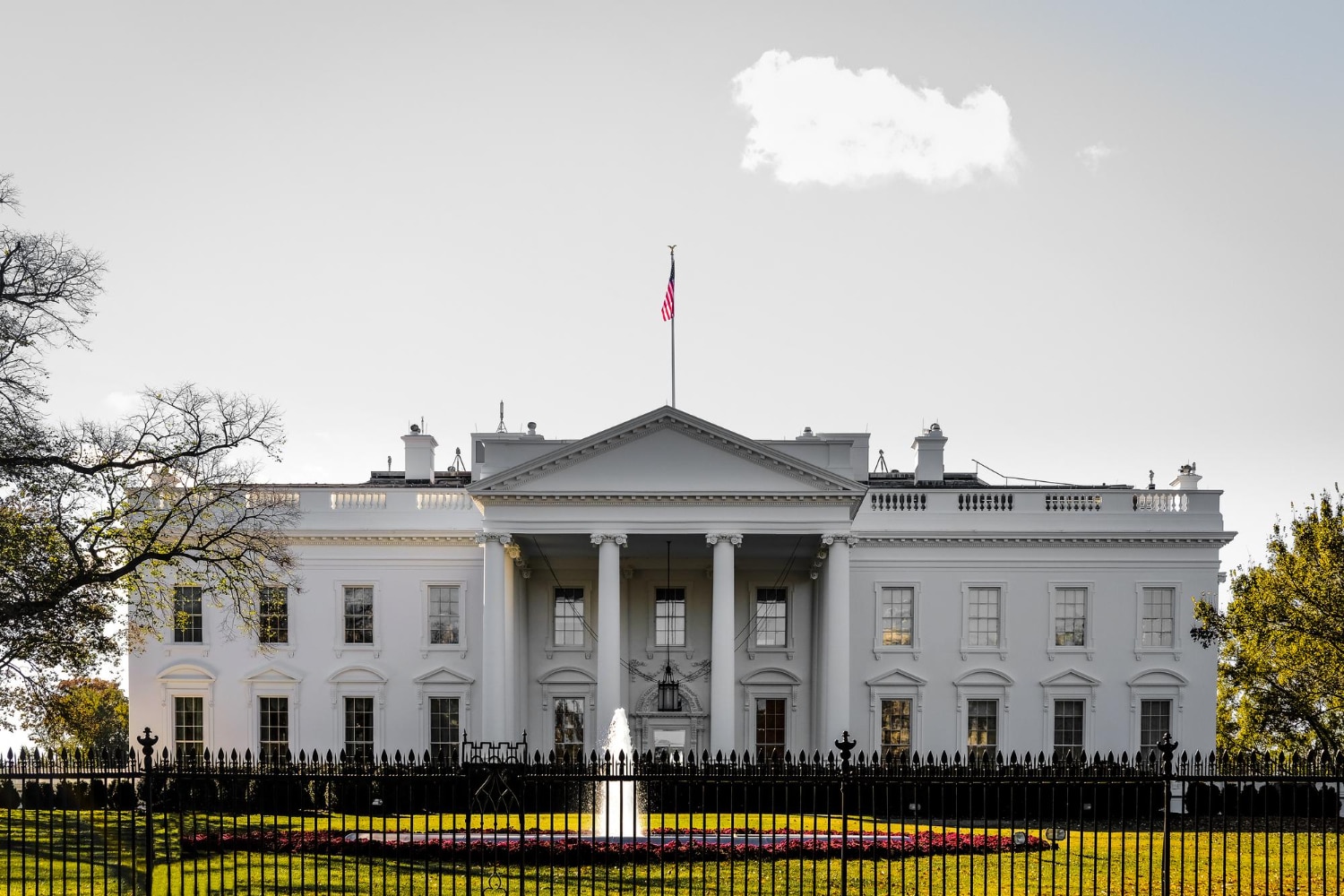US withdrawal from Paris Agreement: What it Means for Climate

Advertisements
The US withdrawal from Paris Agreement is more than a political move, it’s a turning point in the global response to climate change. For many, it raises fears of slowed progress and weakened momentum in cutting emissions.
This decision sends ripples through international diplomacy, leaving nations to question how cooperation on sustainability will adapt without the world’s largest economy fully engaged. The gap may spark both uncertainty and determination.
At the same time, the world is watching closely. Will this setback hinder climate commitments or push other countries to strengthen their environmental strategies? The answer could define the future of global action.
Advertisements
Understanding the Paris Agreement and its goals
The Paris Agreement is considered one of the most important milestones in international climate diplomacy.
Signed in 2015 under the United Nations Framework Convention on Climate Change (UNFCCC), it brought together nearly every nation in a unified effort to address the escalating climate crisis.
Unlike previous accords, it established a framework where both developed and developing countries share responsibility for reducing emissions and adapting to climate impacts.
Advertisements
Its core ambition is to prevent global warming from exceeding dangerous thresholds. By aiming to keep temperature rise well below 2 degrees Celsius above pre-industrial levels, and ideally limiting it to 1.5 degrees, the treaty reflects scientific consensus on the need for urgent action.
Achieving these limits is critical for avoiding the most catastrophic consequences, such as intensified storms, rising sea levels, and large-scale biodiversity loss.
This vision makes the US withdrawal from Paris Agreement particularly concerning. As one of the largest emitters, the United States plays a pivotal role in shaping global outcomes.
Its absence challenges the ability of other nations to meet collective goals, raising doubts about whether international cooperation can hold without the leadership of the world’s biggest economy.
Key Objectives of the Paris Agreement
At its heart, the Paris Agreement sets out four major objectives that guide global climate policy. Mitigation is the first, requiring nations to drastically cut greenhouse gas emissions and transition to cleaner energy systems.
Adaptation is equally vital, as countries must prepare their infrastructure and societies to withstand the unavoidable impacts of climate change, from droughts to coastal flooding.
Financial support plays a central role too, with wealthier nations expected to provide resources that help developing countries shift toward greener economies and protect vulnerable communities.
The fourth objective is the promotion of sustainable development and low-emission growth strategies. This goes beyond reducing carbon footprints, encompassing broader economic and social changes that encourage innovation, efficiency, and long-term resilience.
Countries are expected to demonstrate leadership by implementing policies that align economic growth with environmental responsibility, ensuring that prosperity does not come at the expense of the planet.
To keep this system effective, the treaty requires each nation to submit and regularly update its Nationally Determined Contributions (NDCs).
These pledges detail how countries will reduce emissions and adapt to climate threats, with the expectation that each new submission will be more ambitious than the last.
Progress is monitored through a transparency framework and a global stocktake every five years, ensuring accountability and highlighting where efforts fall short.
However, the US withdrawal from Paris Agreement complicates this structure, as it undermines the momentum of these commitments and risks encouraging other nations to scale back their ambitions.
Consequences of the US withdrawal
The US withdrawal from Paris Agreement carries far-reaching consequences, both domestically and internationally. As the second-largest emitter of greenhouse gases, the United States has long been seen as a cornerstone of global climate action.
By stepping back, the country risks not only slowing its own transition to clean energy but also creating a ripple effect that could discourage other nations from meeting their pledges.
This move undermines the spirit of collective responsibility that lies at the heart of the agreement.
One of the most direct outcomes is the potential increase in greenhouse gas emissions. Without the binding pressure of international commitments, industries within the US may feel less compelled to pursue ambitious sustainability measures.
A recent report in The Guardian highlighted that US emissions rose by 1.4% in 2025, largely due to a rollback of climate policies, which pushed global emissions higher.
This trend underscores how quickly national decisions can influence global progress, especially when they come from an economy of such scale.
Beyond emissions, the withdrawal has financial implications. The United States had pledged billions in climate finance to support developing nations in adaptation and mitigation strategies.
With these commitments now uncertain, vulnerable regions may face delays in funding projects that protect communities from rising seas, extreme weather, and agricultural disruptions.
This shortfall threatens not only environmental security but also economic and social stability in parts of the world least equipped to bear the cost of climate change.
Global Reactions
The global response to the US withdrawal from Paris Agreement has been marked by frustration, concern, and renewed determination.
European leaders, for instance, expressed disappointment and stressed their intention to fill the leadership gap left by Washington.
The European Union has since reiterated its pledge to strengthen its emission targets, framing itself as a global climate leader determined to keep the Paris goals alive.
Other regions are also stepping forward. African nations, during the 2025 African Climate Summit, unveiled a plan to generate 1,000 climate solutions by 2030 and voiced interest in hosting the COP32 conference in 2027.
This initiative was widely seen as a direct response to the US retreat, signaling that other blocs are ready to build momentum where American leadership has faltered.
Environmental groups across the globe have echoed these calls, urging governments to double down on ambitious targets and resist backsliding.
At the same time, questions over US credibility in future negotiations have become more pronounced. By reversing its stance once again, Washington risks being perceived as an unreliable partner in long-term agreements.
This uncertainty could weaken trust in global climate diplomacy, as nations may hesitate to rely on US leadership in shaping cooperative solutions.
The credibility gap is particularly critical because the success of the Paris framework depends on shared trust and mutual accountability.
Impact on global climate change progress
The US withdrawal from Paris Agreement has profound consequences for the trajectory of global climate efforts.
By distancing itself from this international accord, the United States not only alters its own domestic climate path but also reshapes the global dynamic.
The Paris Agreement was built on collective ambition, where every nation’s pledge contributed to a shared goal of limiting temperature rise. Without the full participation of the US, the credibility and strength of this collective vision are significantly undermined.
One of the major challenges lies in reaching the temperature thresholds set out in the treaty. Scientists have long warned that achieving the 1.5 to 2 degrees Celsius target requires consistent engagement from all major emitters.
With the US stepping back, the pace of emissions reduction slows, and the burden falls more heavily on other nations.
A report from the Financial Times noted that reversing environmental policies in the US could lead to an additional 1.3 gigatonnes of emissions annually by 2035, threatening the fragile balance needed to keep global warming within safe limits.
There is also the risk of a domino effect. If the US, historically one of the leaders in shaping climate policy, turns away from international responsibility, other nations may interpret this as permission to lower their own ambitions.
This potential loss of momentum makes it harder to secure coordinated action at a time when scientific evidence stresses that every year of delay increases the cost and difficulty of effective climate mitigation.
Effects on Global Cooperation
Global cooperation has always been the foundation of the Paris Agreement, and the US withdrawal from Paris Agreement threatens to weaken this cooperative spirit.
International climate action depends on shared technology, financial support for developing countries, and collaborative strategies that transcend borders.
With the US stepping away, many nations are forced to reconsider the strength of their partnerships and the reliability of American leadership.
Funding is one of the most immediate concerns. The US had previously committed billions to climate finance programs designed to help vulnerable countries adapt to rising sea levels, extreme weather, and food insecurity.
With this funding now uncertain, developing nations face significant obstacles in advancing renewable energy and resilience projects.
At the same time, technological collaboration, especially in the field of clean energy innovation, risks being diminished, slowing global progress in renewable sectors like wind, solar, and carbon capture.
Perhaps more damaging is the signal sent to hesitant nations. Countries that have resisted adopting ambitious climate strategies may see this withdrawal as justification to delay or weaken their commitments.
This dynamic not only stalls progress but also undermines trust in international agreements, as the absence of US leadership creates doubts about the durability of future pacts.
Meanwhile, environmental organizations and activists worldwide continue to call for urgency, warning that losing momentum now could jeopardize decades of advancements in sustainable practices.
The global community faces a critical test: whether it can maintain unity and ambition in the fight against climate change without the consistent presence of the United States.
Reactions from other countries

The reactions from other countries following the US withdrawal from the Paris Agreement have been varied and significant. Many nations expressed disappointment and concern, viewing this action as a setback in the global fight against climate change.
Countries around the world are reconsidering their own commitments in light of the US’s decision.
Some see this as an opportunity to increase their leadership roles in climate initiatives, while others worry about the potential weakening of international climate efforts.
Global leaders have voiced their opinions strongly. For instance, European nations reaffirm their commitment to the Paris Agreement and emphasize the necessity of collective action. They are urging other countries to uphold their responsibilities.
- Many leaders stress the importance of unity in addressing climate issues.
- Some countries have increased their targets for reducing greenhouse gas emissions.
- International organizations are calling for enhanced cooperation to balance the gap left by the US.
Additionally, developing countries express concern over the potential loss of financial support for climate adaptation projects.
The withdrawal raises questions about the availability of resources that assist these nations in combating climate impacts. Many believe that without US support, the progress made in these areas could slow down.
Environmental activists globally have mobilized, using this moment to pressure their governments into taking stronger actions against climate change. Public sentiment is rising, with a push for more ambitious policies to fill the void left by the US.
The future of global cooperation hinges on the ability of countries to work together, remain committed, and set ambitious goals despite the challenges ahead.
Future prospects for international climate action
The future prospects for international climate action hinge on how countries respond to the challenges posed by climate change.
With the US withdrawal from the Paris Agreement, there is uncertainty, but also an opportunity for renewed commitment from other nations.
Countries will likely reassess their roles in climate change mitigation and adaptation strategies.
Many are already showing a determination to continue pursuing ambitious climate targets independently of US influence. This could lead to stronger regional collaborations and agreements.
While the US may be stepping back, other nations are seeking to enhance their cooperation in climate efforts.
- Increased partnerships between countries for renewable energy projects.
- Implementation of stringent regulations to reduce emissions.
- Greater investments in climate resilience, particularly in vulnerable regions.
International bodies may also play a vital role in shaping future policies. Organizations like the United Nations Framework Convention on Climate Change (UNFCCC) can help facilitate dialogues and drive collective actions.
Countries will look toward these frameworks for guidance and to ensure that meaningful progress is made.
Additionally, the rising influence of non-governmental organizations and grassroots movements will propel climate action. Activists and citizens around the world are pushing for transparency and accountability, emphasizing the need for a sustainable future.
As public awareness grows, it may compel governments to commit more seriously to their climate obligations.
Finally, technology innovation will be crucial for future efforts. By developing cleaner technologies and more efficient systems, nations can reduce their carbon footprints.
Collaborative research and development can lead to breakthroughs that benefit the global community.
FAQ – Frequently Asked Questions About International Climate Action
What is the Paris Agreement?
The Paris Agreement is an international treaty aimed at addressing climate change and limiting global temperature rise.
How does the US withdrawal affect global climate efforts?
The US withdrawal raises concerns about international cooperation and could lead to increased emissions without stronger commitments from other countries.
What role do grassroots movements play in climate action?
Grassroots movements are crucial as they raise awareness, pressure governments to act, and mobilize public support for sustainable policies.
How can technological innovation contribute to climate change solutions?
Technological innovation can lead to cleaner energy sources, improved efficiency, and developments that significantly reduce carbon footprints.





